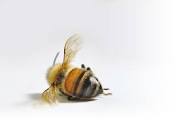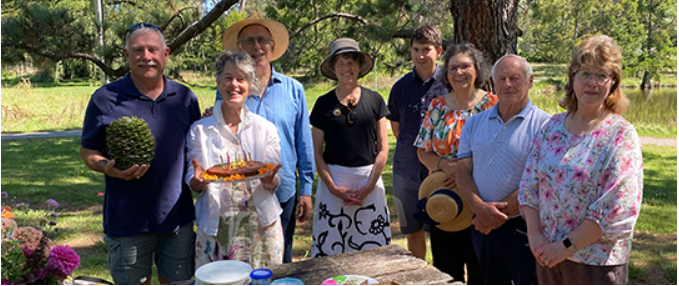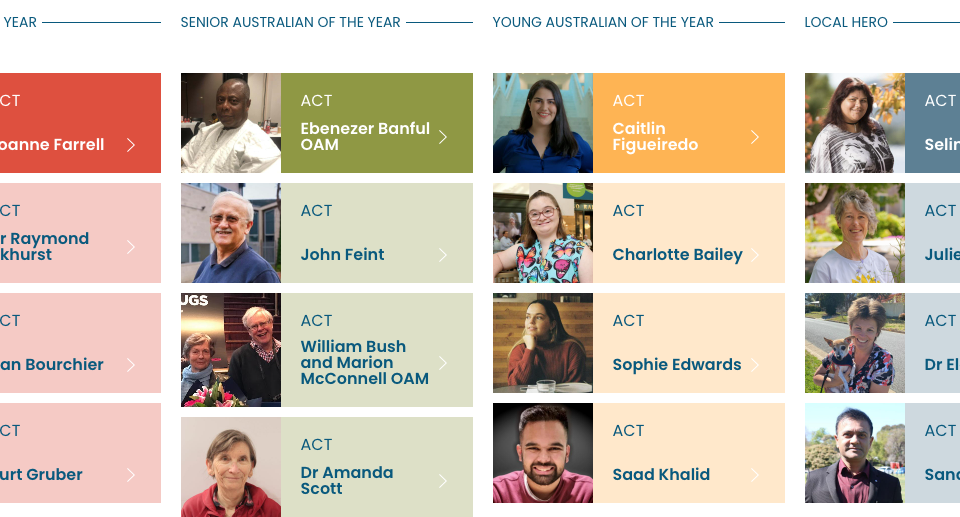The Gigantic Hive at Kew Gardens
June 20, 2016ACT for Bees@ Living Green Festival Sunday 2nd October 2016
September 30, 2016 Adrian Iodice from Beekeeping Naturally has recently been up the ‘top End’ of Australia and returned with distressing news….no bees in Darwin or Katherine!
Adrian Iodice from Beekeeping Naturally has recently been up the ‘top End’ of Australia and returned with distressing news….no bees in Darwin or Katherine!
“I was very surprised to hear that people are having to hand pollinate their vegetables and fruit trees due to the lack of bees in Darwin and Katherine!! This is Australia I’m talking about!
This is a very serious situation!! I believe it has to do with all the insecticides that are used in agriculture across the top end.We are truly heading down the path China has gone down where they have teams of people climbing trees with little brushes to hand pollinate their commercial orchards, absolute madness!!
I have spoken with the apiaries inspector in Darwin and she agrees that the cause is most likely pesticide use. (Lots of burning happening too)
Trade vegies from home with your friends and neighbours. Get a Bee hive or 3 and let the bees guide you to a healthier and in tune life style and receive the gift of honey and the warmth and light of old grandfather sun through the wax candles you make together, and spread the word about pesticides.
Start planning for Spring gardens with a good range of herbs which are the bees medicine chest. Borage, lavender, basil, chives, echinacea, lemon balm, oregano, rocket, sage, mints and thyme are a welcome addition to our gardens and good to cook with too. If you’ve only a small space grow them in pots and amongst your vegetables.http://actforbees.org/resources/gardening-for-bees/ has good guides to planting for bees and companion planting.
Borage is particularly beneficial for bees as it has the highest levels of p-courmeric acid of all plants and helps them to deal with pesticides. British Colombia Beekeepers magazine has an article on research which is well worth reading if you’re a beekeeper on how honey bees deal with pesticides and pathogens.http://bcbeekeepers.com.s205363.gridserver.com/…/BeesCene-F… p 11. I’ll bee teaching a Natural Beekeeping course in Darwin next June or July and spreading the word.
Hopefully the media gets a hold of the situation and something gets done.
If you don’t live in the Territory and want to get bees, here is a link to my course page. I’ll be teaching Natural Beekeeping courses all over the country this spring and summer. https://www.beekeepingnaturally.com.au/courses/ NOW is the time to book your place for the up coming bee season.”
Can cities save bees? How can urban habitats be made to serve pollinator conservation? A great article on how we can better support bees and other pollinators in our back and front gardens (and rooftops!) and start the conversation with urban planners.



